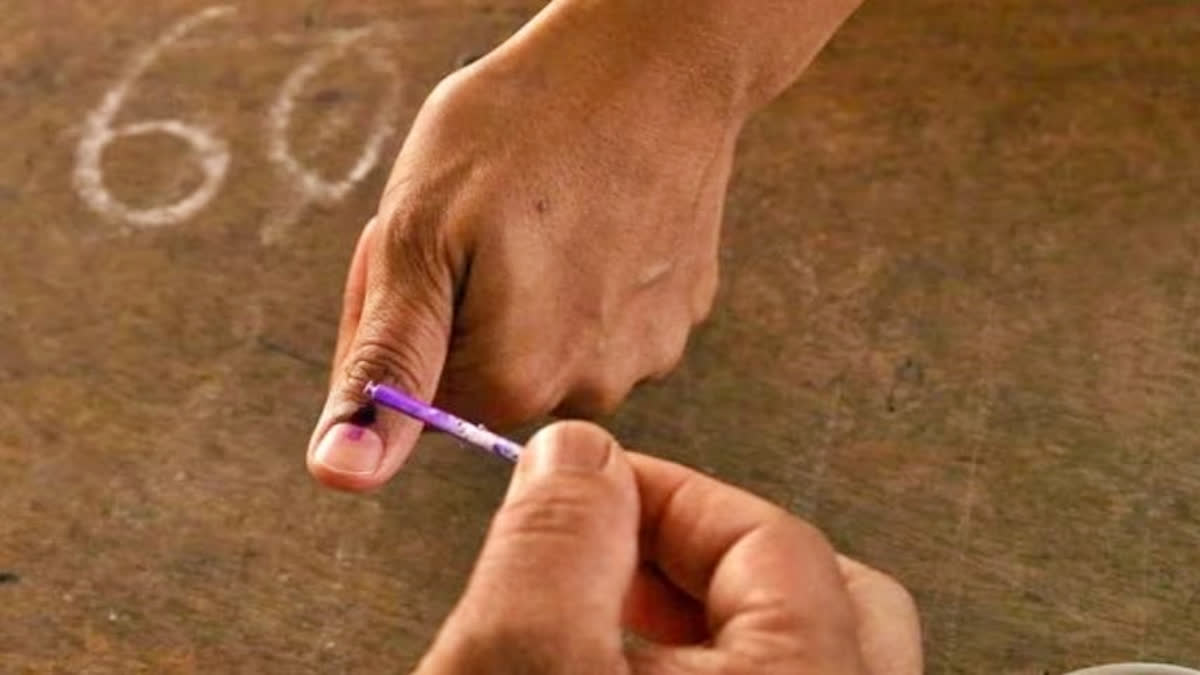In a country as large as India, conducting fair elections has always been challenging. Time and again, the central and state governments have been at the receiving end whenever they failed to conduct elections peacefully. Lately, the incidence of violence during elections has seen an uptick, with the latest example coming from West Bengal.
The upcoming panchayat election in West Bengal is already mired in controversies and incidents of violence so much so that Supreme Court had to intervene with some trite remarks. It definitely needs a serious “look into” by all who matter. Having worked with the IPS from 1977 to 2014, in the state of Bihar, which couldn’t drape itself with glory during a major part of this period, I can unashamedly claim some hands-on experience in this field. I can add some vicarious experiences of my seniors from earlier periods.
Decades ago when communication was primitive, the polling parties, I was told, would avoid going to inaccessible areas and divide and stamp votes themselves before depositing the polled material in the strong room. My seniors told me that elections were deemed "successfully completed" if the polling party along with the material was safely transported to the booth and brought back safely to the strong room. The process at the booth was left to the might of the electoral adversaries. The state had no role to play.
From the beginning of my career in police wherein conducting elections peacefully was one of my key responsibilities, I got a distinct feeling that the “density” and “intensity” of all types of election processes was very high as compared to the state's presence. The presence of the state which is mostly felt through police stations, was very sparse geographically while the intensity of all types of election activities was very dense and covered every bit of the areas. The state, therefore, fell short of its role of getting a free and fair election conducted. Whichever party enjoyed the majority in whichever area lacked state presence, a fair election became a far cry.
Also read: Tasting victory, defeat: Tale of two Tamils in Karnataka elections
As early as 1981 when the Election Commission of India was not a shade of what it became at the turn of the past century, technology was still to be born. The best I had seen was a calculator. I faced the Singheshwar Assembly constituency bye-election. Hardly four years into the job and left to fend for myself in a remote area of Bihar in a newly created district with no infrastructure or manpower, I decided to get a fair and free election conducted. It required data overlap technology, and optimisation techniques of all resources, which I did in tandem with the DM, with whatever I had learned in my college while studying statistics.
No SOP was handed down by the Election Commission of India. In short, the two services IAS and the IPS were created by the Constitution only to ensure that the foundation of the country i.e. democracy, is never weakened. Else what was the need for recruiting such highly educated individuals with such huge perks? If these two services need the supreme “lathi”, then we may as well call it the failure of the pious dream of our constitution makers.
My next experience came in 1989. Concepts remained the same. An added advantage was the advent of computers. The duo of the DM and the SP came up with further techniques like “randomisation”. We devised a method of using the computer to randomly allocate police officers to polling booths for duty during elections. It prevented the so-called influential participants of the electoral process from exercising their vested interests. Fairness and reduction in violence showed up in great measure. This too was through local initiative.
The next experience was in the year 1994. I was attached to the Police HQ for election purposes. The might of ECI and its Chief was palpable. Everyone was scared. The whole process of election was carried out in an unconventional way. The distinguishing feature was an overreliance on the armed forces. The whole state was literally littered with armed forces. It may not be an exaggeration to say that the total of all armed forces exceeded the number taking part in the Battle of Dunkirk. There was hardly any “software” component to supplement the excessive deployment. In spite of all this show of force, the system couldn’t prevent violence. Above all, "peaceful rigging" of elections took place and there was no change in the election results.
Then came the 2005 elections. I had the supreme experience of working from within the Commission without being a formal part of it. I used this opportunity to try out all my “thought experiments” on the ground. This I did along with the Chief Election Officer of Bihar with whom I had worked in 1989. We tried all our earlier experiments backed up by technology and above all, the moral support of the CEC. The results were unexpectedly clean, almost devoid of any slur. A lot many new processes had been thrown up.
The lesson learnt was: election management is more about BIG DATA ANALYSIS done through data mining and layering techniques than flooding the place with armed forces. It's more about fair than free. One can find all these and many more techniques and experiments that were used in conducting fair and peaceful elections in Bihar where brain was given a bigger role than brawn in the book I have authored named “Unbounded”.
The people who can get results are the members of the All India Services who are definitely expected to have grey matter and are supposed to be politically neutral.
(Abhayanand is a 1977 batch IPS officer who led Bihar Police as its 48th DGP. Views expressed are his personal)



